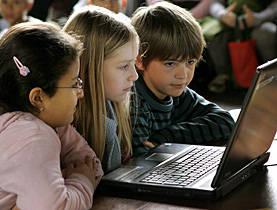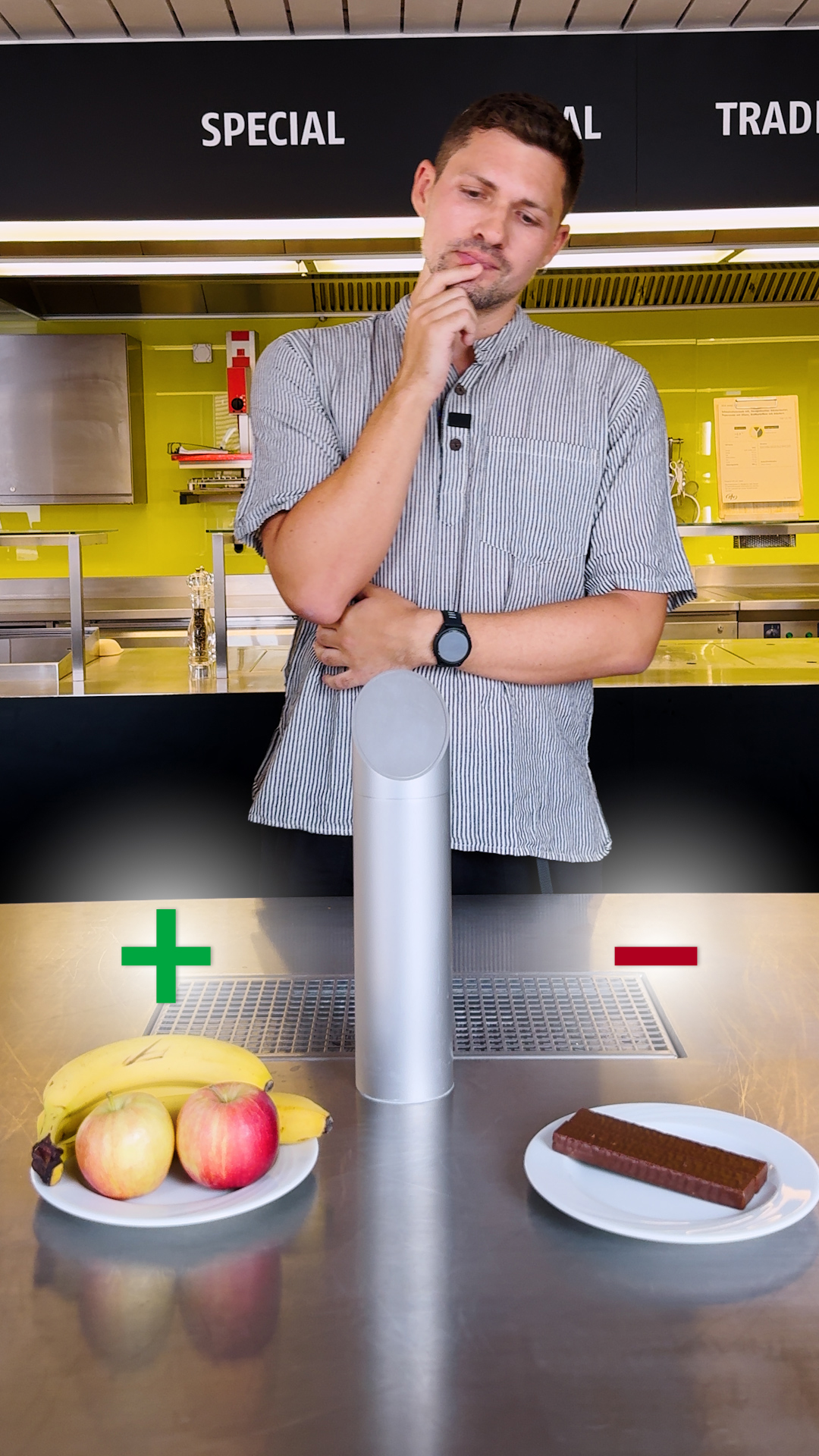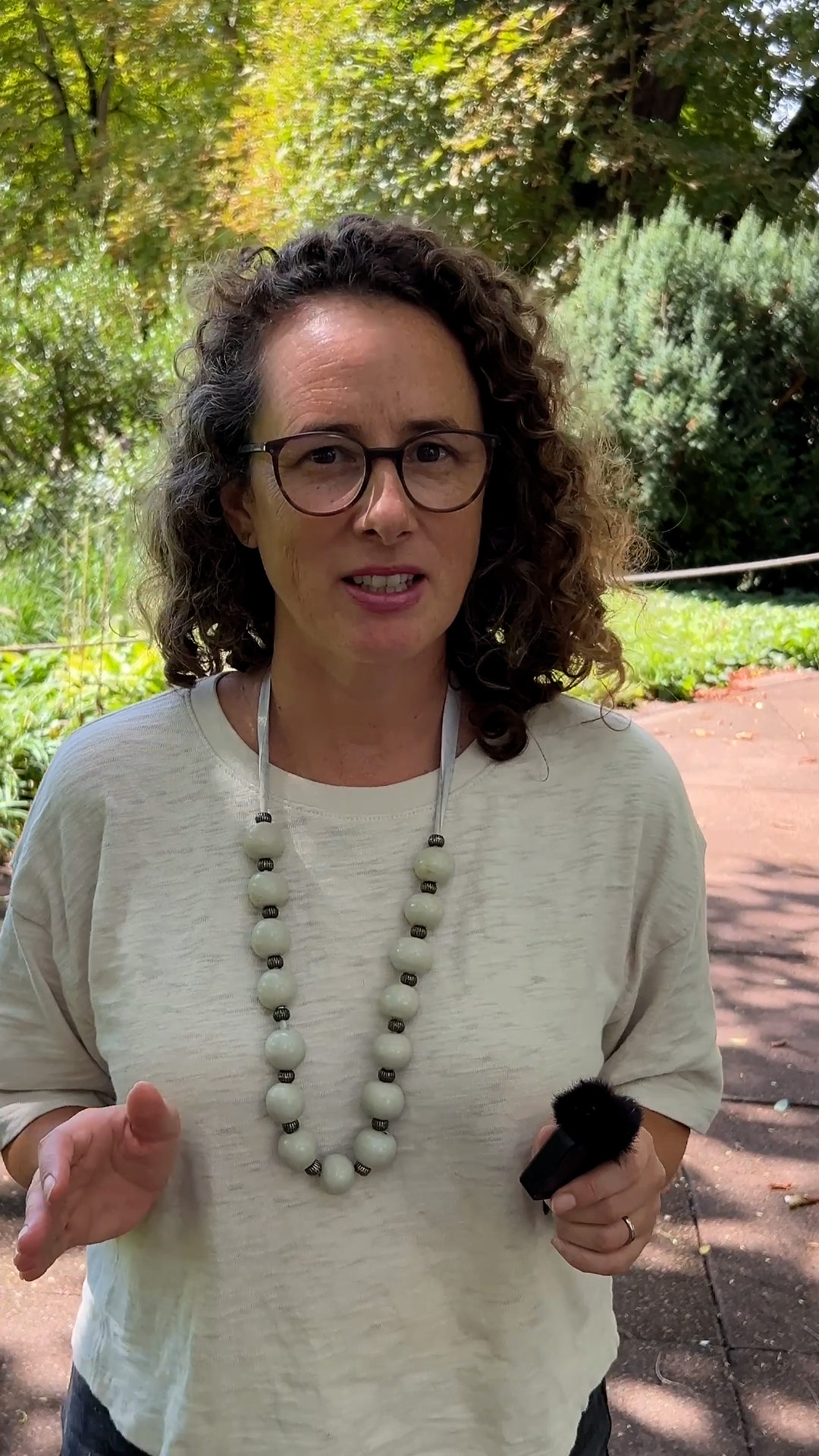
Learning how to navigate the internet safely

The boom in social networks like Facebook worries the Swiss data protection commissioner, Hanspeter Thür, who wants data protection to be taught in schools.
He thinks many young people are not sufficiently aware of the risks involved in dealing with the internet.
Roland Näf, co-chairman of the recently-founded Association against Media Violence, who is the head teacher of a school in Muri, near Bern, agrees that there is an urgent need to teach children how to use the new media responsibly.
However, as he told swissinfo.ch, school timetables are already full of social issues.
swissinfo.ch: Should data protection become a compulsory school subject?
Roland Näf: Of course the new media dominate young people’s lives. Data protection is only one problem. So I wouldn’t say “data protection” needs to be a subject, but media competence overall.
That includes excessive violence on screen, young people’s lack of critical faculties when it comes to things they see on the internet, or pornography, which is often linked with violence.
swissinfo.ch: Is society once again trying to offload responsibility onto schools?
R.N.: It’s a fact that schools get blamed for all kinds of things that go wrong in society, and they have a role to play here.
I have observed that parents feel overwhelmed. Society in general is overwhelmed and so are schools: we simply have too few resources. We give Aids education, sex education, we talk about nutrition, do drugs and violence prevention – and now the idea is to teach data protection as well.
Teachers feel overwhelmed too. There are not very many of them who are competent to tackle this topic.
swissinfo.ch: You teach information technology. How do you deal with this issue?
R.N.: Let’s take a specific example of data protection. My students have to say what they find good in Facebook, how they want to present themselves and what they find embarrassing.
In another exercise they have to think about what situations they wouldn’t like to be photographed in, and which they are happy with.
swissinfo.ch: Are the students aware of the risks they run in using these communication platforms?
R.N.: Nothing like as much as they should be. Of course you always have parents who are aware, and who talk to their children about it.
But the overwhelming majority of pupils simply haven’t a clue. I keep finding examples of former pupils of mine happily posing in bikinis in Facebook. That is completely irresponsible.
swissinfo.ch: Are computers and the internet now a normal tool in today’s schools?
R.N.: Internet is increasingly becoming an everday medium, taken for granted just like pencils. The difference is that it is much harder to handle than a pencil – and more dangerous.
And that’s why people need to know more about how to approach it. But we face clear obstacles: we lack time and resources. And then students spend a lot more time in front of the screen at home than they do at school.
swissinfo.ch: What are the main risks you see for young people?
R.N.: First of all data protection. A person can damage their future prospects if they put certain kinds of things about themselves on the internet. Then they are surprised when they can’t find an apprenticeship.
A second danger is the glorification of violence. We have noticed children are getting brutalised, as violence is increasingly seen as normal.
Another problem is a normal attitude to sex. If an adolescent, or child, regularly sees certain things in the internet, that makes a normal attitude to sex more difficult.
swissinfo.ch: What responsibility do parents have?
R.N.: We certainly can’t absolve parents of responsibility. They bear the main responsibility. But since it is simply beyond many of them, we can’t just say we aren’t going to do anything more about it. The parents need a lot of support.
Some parents are easily approachable and are interested. We find such parents also have fewer problems with regard to the way their children use the new media.
On the other hand we have a lot of parents where both are working, or who are not interested in the problem. In such cases we really need to take action. We have to explain to parents that play stations and television sets have no place in a child’s room.
swissinfo.ch: What about the providers? How are they doing their bit?
R.N.: For me that’s the main problem. It is unacceptable that in society we are taking more and more expensive preventative measures, and spending more and more time trying to protect our children and teenagers from the consequences, and on the other side the providers face no limits at all.
We need a re-think. We cannot accept the glorification of violence, violence mixed with sex and insufficient data protection in sites like Facebook.
Gaby Ochsenbein, swissinfo.ch (translated from German by Julia Slater)
Be careful when revealing personal details in a social network.
Use a pseudonym.
Before publishing, ask yourself if you would mind being confronted with the details about yourself in a job interview – even ten years from now.
Respect other people’s privacy: do not publish their personal data, do not add their names to photos you publish.
Find out about the portal provider and how they guarantee user privacy.
Choose personal settings that protect your privacy
Release your own news and photos only to a limited circle of friends. Do not put anything sensitive on the internet.
Use different logins and passwords for different services.
Keep an eye on what children are doing on the internet.

In compliance with the JTI standards
More: SWI swissinfo.ch certified by the Journalism Trust Initiative









































You can find an overview of ongoing debates with our journalists here . Please join us!
If you want to start a conversation about a topic raised in this article or want to report factual errors, email us at english@swissinfo.ch.